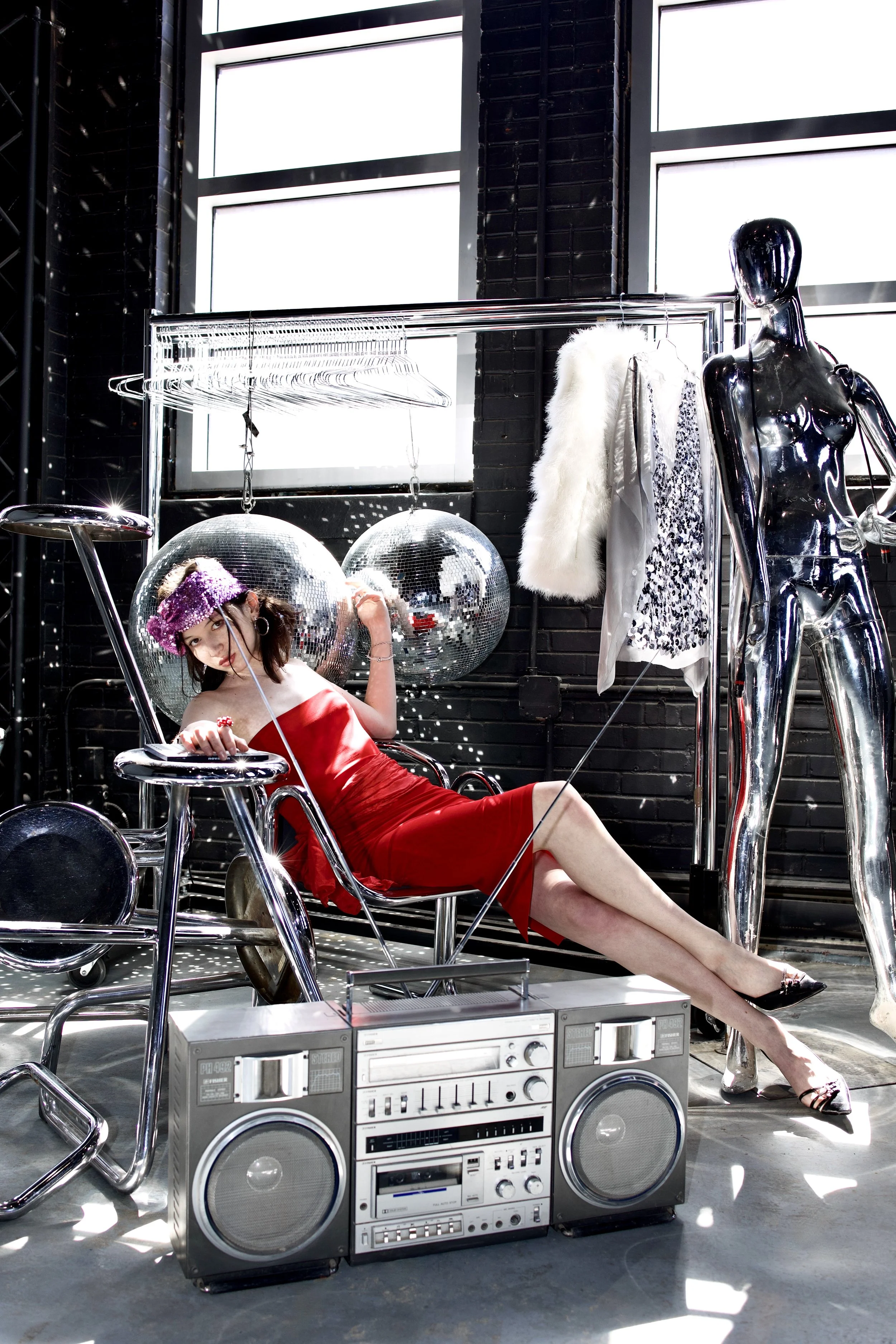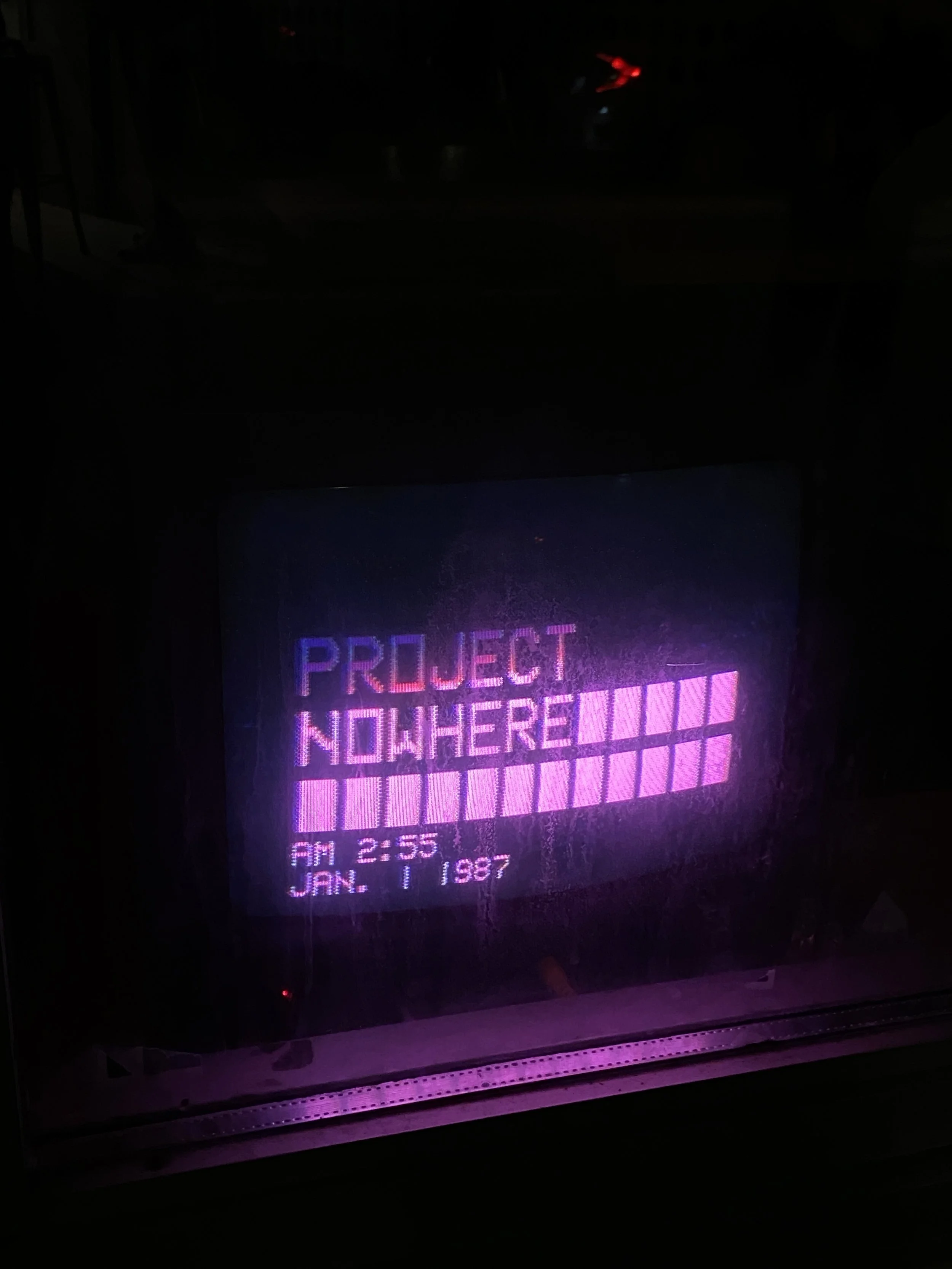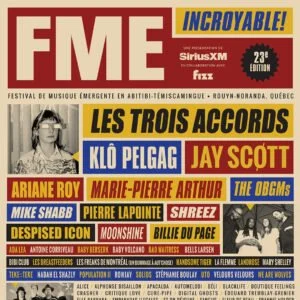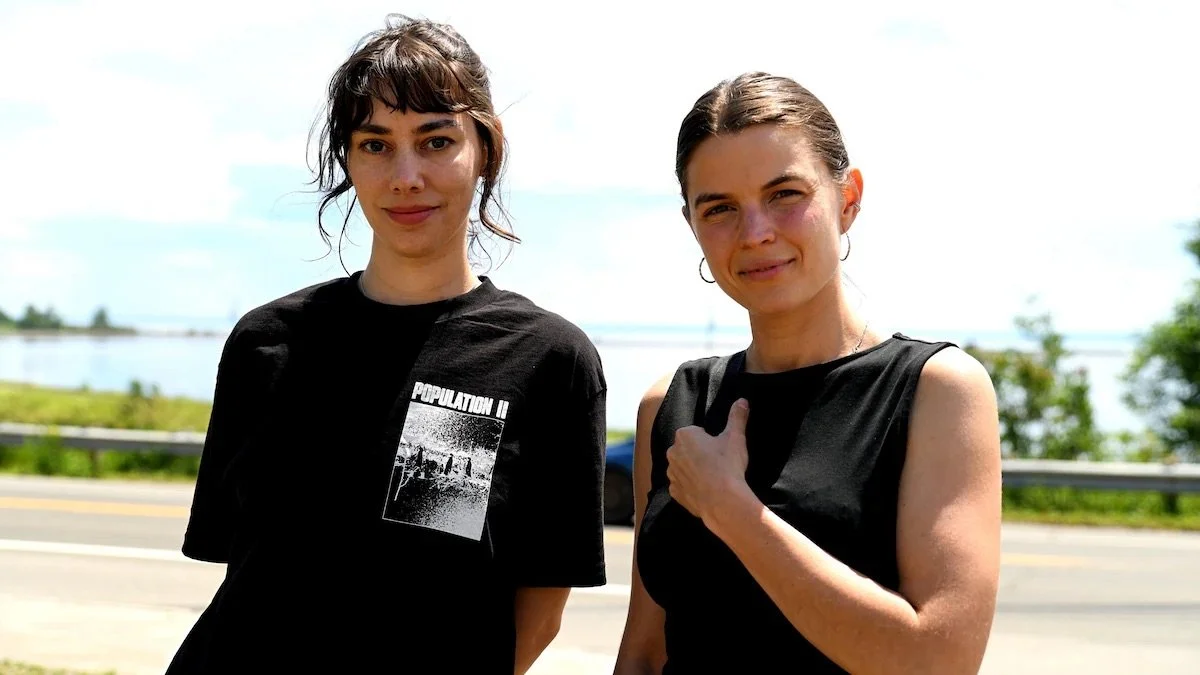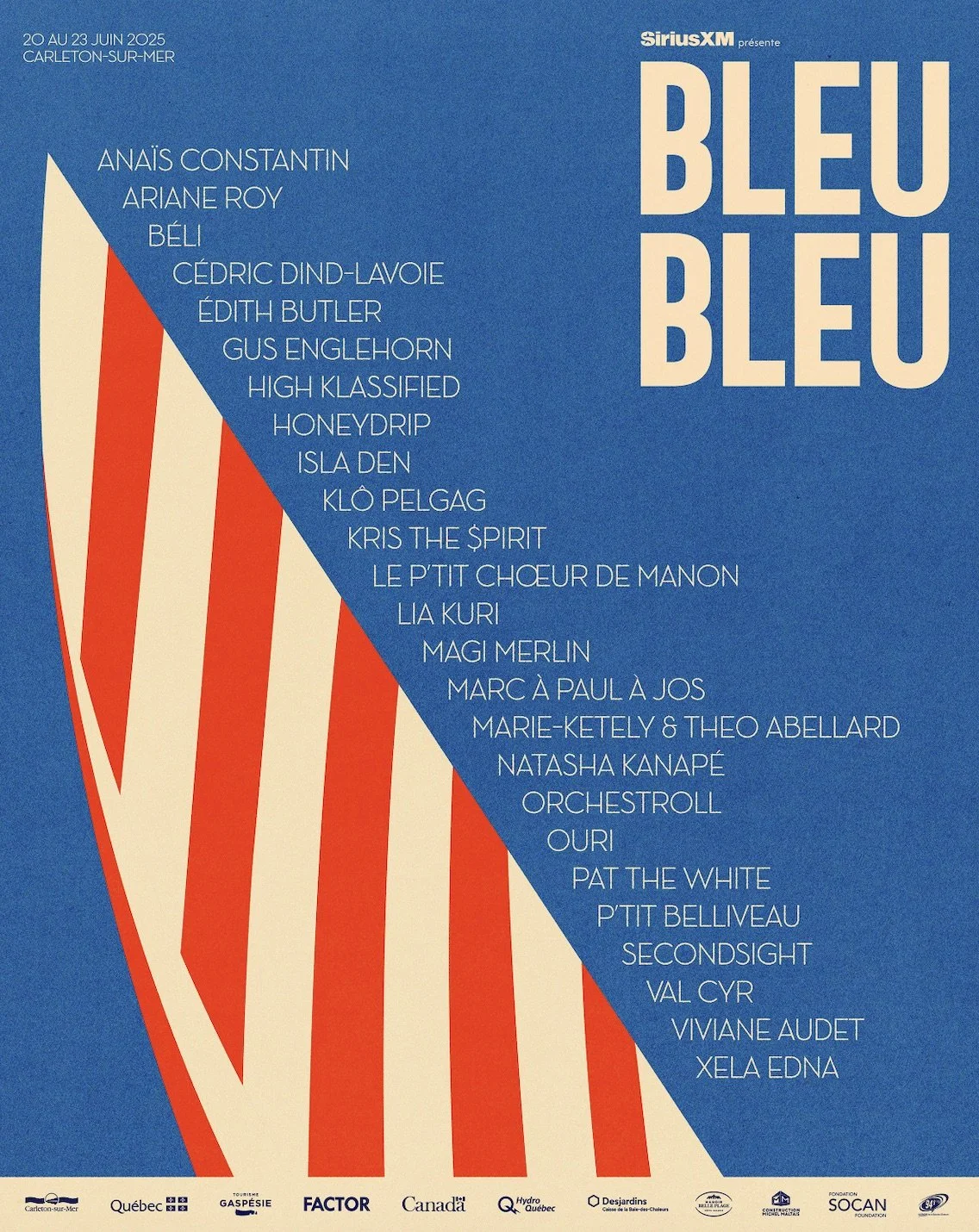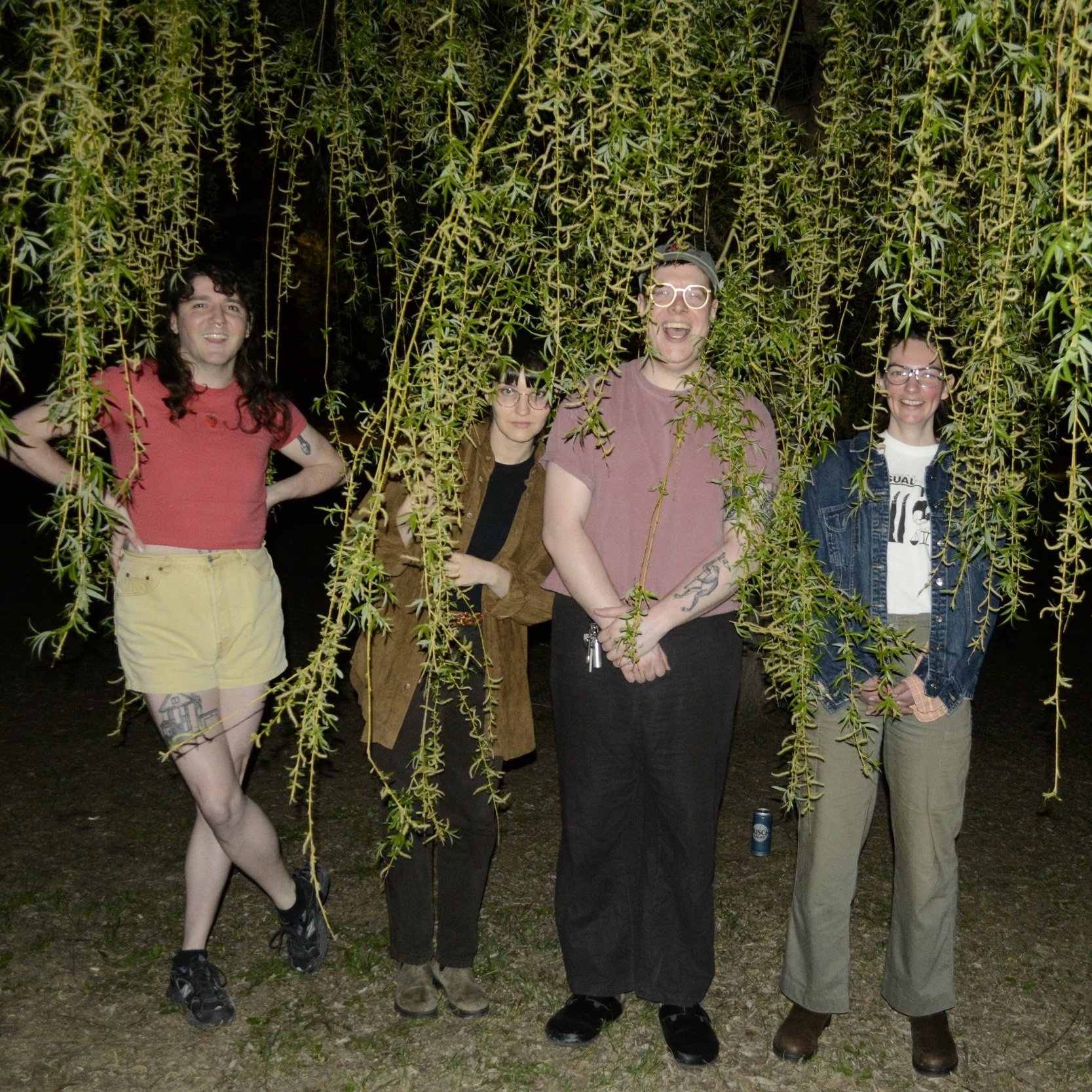With "Fresh Paint," Andria Piperni Creates A World All Her Own
Andria Piperni, “Fresh Paint”. Photo courtesy of Calli Cohen
Montreal-based singer-songwriter Andria Piperni has long proven that she is the one to watch, and her latest track “Fresh Paint” is no exception.
On this track, the R&B songstress sounds slinky and seductive, telling a story of blissful intimacy as a brand-new world is created. On her Instagram page, Piperni explained that “Fresh Paint” is all about “...getting lost in a moment, and that enchanting feeling of discovering somewhere, something, or someone new.”
The essence of Piperni’s vivid dreamscapes is revealed in clouds of soul and jazz, with delicate vocal melodies floating through. With the right person or the right environment, there is safety – even in floating above the ground, or crashing through waves of the sea.
Piperni enlisted the help of Chris Vincent, member of Montreal electro-soul band Busty and the Bass, to produce and mix “Fresh Paint”. This lush, sensory track is the latest single to be featured leading up to the release of her debut EP, Who’s Counting?, which is slated for release early next year.
“Fresh Paint” is a perfect demonstration of Piperni’s ability to balance indulgence with illusion. If this single is any indication, the rest of the EP will surely follow in such a descriptive and immersive direction. We had the chance to talk with Piperni in the weeks after the release, getting into her influences and perspective on the music industry. Take a read below!
Rebecca Judd for Also Cool: Hi Andria, thank you so much for chatting with us today! “Fresh Paint” is a beautiful track, congratulations on the release. Listening to this track, it feels as though there’s room for multiple interpretations - what’s yours?
Andria Piperni: Thank you! Yeah, I left a bit room for each listener to have their own interpretation of the song. The lyrics are quite metaphorical and hold a lot of imagery — I wanted listeners to envision their own world, the same way a painter would when they paint. It all plays on this idea of creating something new. The scenario I had in mind while writing was two people coming together and creating this magical moment of their own.
AC: It’s an incredibly difficult time to be a creative - how has this year treated you?
AP: The uncertainty of it all has been hard, and I miss playing live shows. It can be pretty stressful not knowing what’s ahead or how to plan for the future. But in some ways, this pandemic has made room for some great things, too. I spent most of this year writing and recording new music, and it was really nice to be able to put my full focus on that. I’ve also had more time to do some writing for other projects, even outside of music, and got around to doing things like getting my merch online! And I get to wear sweats 95% of the time. Despite everything, I’ve managed to find a silver lining.
AC: You describe yourself as inspired by “...everyday human experience, as well as the surreal episodes of … vivid dreams”. Can you elaborate on these inspirations? (I’d love to start having these dreams…)
AP: Those closest to me know that I have the weirdest dreams! For as long as I can remember, I’ve been a vivid dreamer. It’s rare to wake up and not remember my dreams in detail, sometimes several of them. It can be a bit exhausting sometimes. But now and then, I’ll wake up with a certain storyline or melody in my head, and I’ll write it down for later. And I do the same during the day too – I take notes in my phone anytime an idea comes up. They can come from a conversation, a movie, an observation… I always try to pay attention to those little everyday moments, because those are the things that people can really connect to when listening to a song.
AC: Montréal is your hometown, but you briefly lived the ~ Parisian ~ lifestyle and found yourself across the pond. How did this relocation impact your creativity and your music?
AP: Oh man, it was everything. I was studying abroad for about 5 months, and it was amazing. This was before I decided to pursue music full-time, and I think the experience really shifted my perspective and helped me learn more about myself and life in general. Being somewhere completely new, where you don’t know anyone, where there is so much culture and opportunity to travel and meet people from around the world … see[ing] so many beautiful places… It made me realize that life should be lived to the fullest, and your choices should not be based on fears. It gave me courage to do everything I’m doing now.
Andria Piperni. Photo courtesy of Calli Cohen
AC: If you could change anything about the music industry, either in Montréal or at large, what would that be?
AP: I guess it’s not a secret that it’s very hard for artists to make a good living off of streaming royalties. Don’t get me wrong – as a listener and as a creator, streaming has given me a lot. I discover new music, and listeners can discover my music like never before. But the cost of creating and putting out music (you know, “marketing”) is still very high when you compare it to the streaming payout. It’s just not feasible for independent artists in the long run, especially right now without the ability to play shows. But artists are more and more empowered these days, and I’m hopeful that it will lead to a balanced and fair system. Also… more womxn and minority representation on all fronts! We’re starting to see programs emerge with this goal, and it’s great, but there’s still a long way to go.
AC: Who is your dream collaborator?
AP: I think my answer changes every time someone asks me this question. It’s hard to pick just one, but someone I would love to collaborate with is John Legend. He’s, well, a legend. And if I happened to meet Chrissy and their adorable children in the process… it would be a dream!
Thanks again for your time, Andria. Before we let you go, we’ve heard that your debut EP Who’s Counting? is set to release early next year. What can we expect from you in the months to come?
Yes, [it is], and I’m so excited! I have one more single off the EP coming out before I release the full project. You can also expect some new merch, a music video… and in the meantime, maybe a little holiday cover song or two on my Instagram page before the year wraps up. :)
Listen to “Fresh Paint” – out now!
Andria Piperni
Instagram | Twitter | Facebook
Website | Spotify | Soundcloud | Bandcamp
Rebecca Judd is the features editor of Also Cool Mag.
This interview was conducted over email and has been condensed and edited for clarity.






